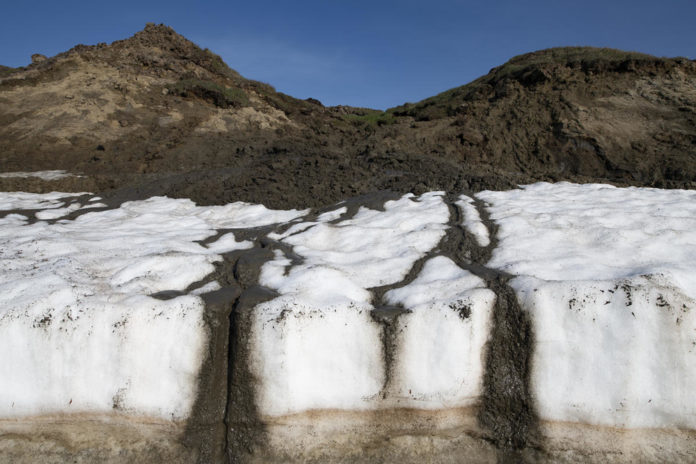
No part of the world will be spared from the impacts of the climate crisis as oceans warm and ice sheets and glaciers melt, causing rapid sea-level rise that could affect one billion people by 2050, according to a devastating new UN report released in Monaco this morning.
WWF, an official contributor to the IPCC special report ‘Oceans & Cryosphere in a Changing Climate’, says the report is further evidence that world leaders must act swiftly to slash global carbon emissions and keep the world to a maximum of 1.5 degrees warming. For the UK, that means delivering on commitments to reach net zero by 2050 at the very latest – WWF research shows that this can be done by 2045.
The report shows that accelerating changes in the oceans and cryosphere – the earth’s snow and ice-covered places – are some of the most dramatic consequences of the climate emergency. The IPCC makes it clear that changes will continue and be irreversible even if the climate stabilises. For instance, ice-dependent polar species such as walrus and penguins are witnessing the disappearance of their sea ice habitat.
However, we can mitigate the worst risks by sharply cutting emissions, giving both people and nature more time to adapt. When ecosystems are protected and restored, they can continue to support human life, while also lessening the climate risks.
As the host of the #COP26 UN climate summit in Glasgow in 2020, the UK has a major opportunity to show international leadership on tackling the climate crisis. WWF calls on the UK government to “walk the talk” at home by taking rapid and bold action to reduce our emissions to net zero in a way that also balanced the needs of nature and people. If we want other countries to follow our example, by the time leaders gather in Glasgow, we must be able to show that we have backed our bold commitments on climate action with actual policy measures and investment.
This report follows Monday’s Climate Action Summit in New York City, where the world’s biggest emitters failed to rally to the UN Secretary-General’s call to bring ambitious, concrete plans to further cut their emissions.
Dr Stephen Cornelius, WWF Chief Adviser on Climate Change and official reviewer of the report said:
‘We cannot gamble with people’s lives. Weak country climate pledges mean we probably have better odds of breaking the bank at the Monte Carlo casino than limiting global warming to 1.5°C.
“The politics can’t change the science. Given the stakes, leaders must act now to ensure a positive future for the planet and invest in rapid and deep cuts to greenhouse gas emissions as well as significantly increasing funding for resilience and adaptation.
“The UK must play its part by delivering on its world leading climate promises and helping galvanise urgent global action when world leaders gather in Chile in December and in Glasgow in 2020.”
Rod Downie, Chief Polar Adviser at WWF said:
“I like to think of ice as one of humanity’s best investments. It’s a bit like having capital in your bank account. And we want it to stay there. We want the ice to remain in the polar regions. But instead we’re eating into it, we’re dissolving it. We’re spending that capital and that has really dramatic consequences for people in the Arctic, and for people across the world, including here in the UK.”






